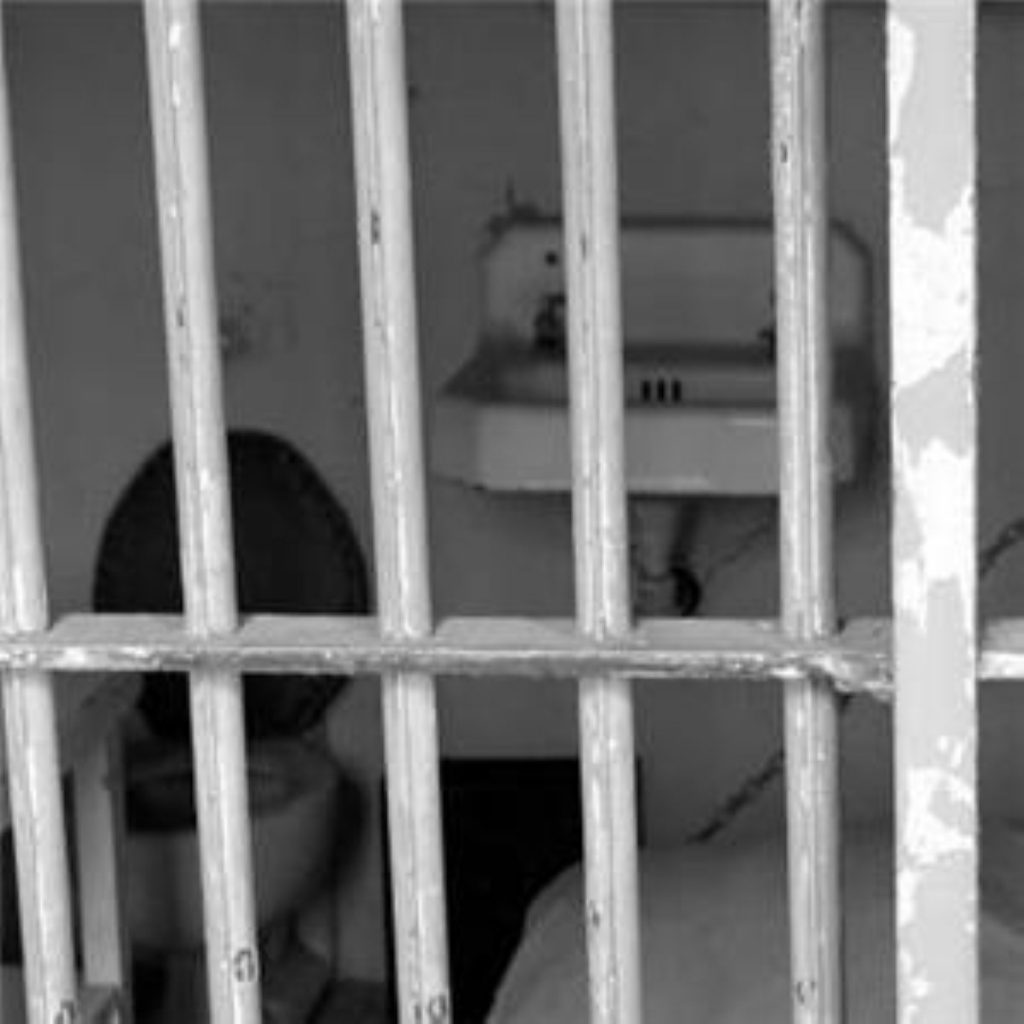Watchdog finds prison service ‘in crisis’
The prison service is in “acute crisis” and is “just struggling to stay afloat”, the chief inspector has warned in a damning new report.
As the prison population comes close to capacity, Anne Owers says overcrowding in jails threatens to undo much of the good progress made over the past few years in rehabilitating prisoners, cutting suicides and improving prison conditions.
She warns that as a result, fewer prisoners will be helped to stop reoffending and this in turn will increase the pressure on the jail population in a “depressingly circular” situation.
In her annual report published today, Ms Owers acknowledges government plans to build 8,000 more prison places by 2012 but says this is simply “chasing ever-rising numbers”, arguing the Home Office should have planned further ahead.


The criticism comes as home secretary John Reid fights off a wave of scandals over prisoners being released too early, sex offenders not being sent to jail when they should be, and reports of criminals held in police cells because the prisons are too full.
Phil Weatley, the director of the prison service, said today’s report was a “balanced and forthright” view of the system and admitted he shared many of its concerns. But he noted it acknowledged prisoners were still being held in a “safe and positive regime”.
Mr Reid said he was “heartened” by the recognition that improvements are continuing to be made despite the “continued population pressures”, in particular in education and training provision, healthcare and resettlement.
But today Ms Owers says the prison service is at a “critical point”, warning the overcrowding – there are now 80,000 prisoners – combined with added pressures on resources are an “alarming and potentially extremely damaging” mix.
She notes that improvements in drug treatments are threatened by the decision to award 60 per cent less funding than was expected, and says a fall in suicide rates is due to improved first night help – which is not available for inmates held in police cells.
“It is by no means clear whether in five years’ time we will look back on 2005-6 as a staging post in a slow and steady improvement, or as a turning point, when hard-won progress towards safe, decent and purposeful prisons faltered and began to slip back,” she said.
Prisoners with mental health problems remain a “major and continuing” concern, the report says, while the plight of women in the prison system is also “extremely vulnerable” and subject to the “needs and demands” of the rest of the population.
The system is also struggling with the doubling of the number of indeterminate-sentence prisoners to 8,000, Ms Owers says. Many are held in local prisons which, as the most overcrowded, are less likely to provide the rehabilitation that would cut prisoners’ risk.
“The effective progression of these prisoners is both a casualty of, and a contributor to, our overcrowded prisons,” she said.
Shadow home secretary David Davis said today’s report confirmed what the Conservatives had been saying for years – that there must be enough prison places to not only house criminals but ensure they received proper rehabilitation.
“For prisons to work they have to have a purpose. This means having enough space so offenders can settle and complete their training and drug rehabilitation courses,” he said, warning the government had been informed about the problem before.
“Only this way can we get prisoners off the carousel of crime and prepare them for a life free from crime.”









